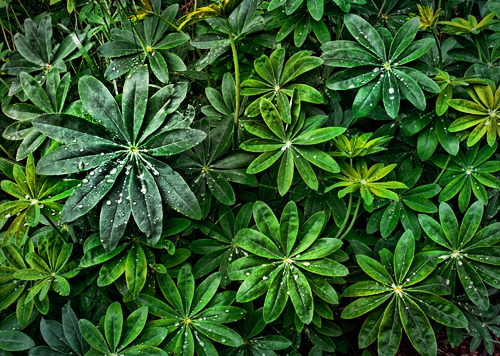
Playing around in photoshop today and thought of John O'Connor's post: The Many Shades of Green and made me wonder how that was processed beacause I love it. After a lot of editing and feeling a bit stumped I was able to get kind of close, regardless, it's amazing how so much can go into a photo. An image can be completely different than the original file once it's processed. Sure; in our digital age we have it a lot easier, but there is now a whole different realm of processing with all of the software that's floating around out there. It's takes an incredible amount of learning to use these tools and I still do think composition is number one. But it leads me to a question I would like to get some feedback on. If anyone or in this blog's case: maybe someone would like to join. Let me know what you think.
-How much of being a good photographer do you think has to do with image manipulation or post processing?







4 comments:
Well it's about time, but here it goes...
Post-processing is really nothing new to photography. Fine art black and white photographers would often spend more time in their darkroom perfecting the print than they would in the field producing. Photography doesn't, nor should it, stop at the moment the shutter goes click. But visualization/vision is key and is what makes a great photographer/photograph. No matter how many "tricks" one may know in photoshop it won't turn a poor image into something wonderful. On the other hand, a photographer that is well versed in their craft (and thus understands the post process well enough to carry out their vision to fine standards) can take an excellent image to an absolutely stellar one. So yes, in my opinion, post-processing is important, nay, imperative to the success of an image. I know that others think differently, and become quiet passionate about dis-proving the idea of the need for "post". They refer to themselves as "traditionalists" or "realists" or some other non-senselist, but what they forget is that in photography, there is no such thing as true or real. It's all an extraction from reality by it's very nature. If one is serious about making images to the finest standards available to them, then they will be shooting RAW at the very least. No matter how well the image is captured in camera, it is still "RAW" and needs to be "baked" to some extent, or maybe I'm the non-senselist. End of diatribe.
Peace.
John,
Thanks for giving such a detailed response I appreciate your effort to join in. I like how you mention how photography shouldn't stop when the shutter is released. I will often find myself re editing an image from years back and it definitely takes on a life of it's own reemerging over time. Processing is a enthralling pastime of mine. I would have to disagree though, about the success of an image being defined by processing. Can you honestly tell me an original file will succeed compared to a post processed one? Two things I can think of that are sometimes only achieved in post (at least in my photographs) and are absolutely necessary in a good photograph are rich color, and color balance. Yes visualization is key but so is awareness and connection to the image. You better believe it, when those three meet (especially in your work, my friend) there is going to a harmonic convergence for eyes to feast. End of vehement.
Absolutely agree with John. Just read "The making of 40 photographs" by the master of supposed "direct photography", Ansel Adams. There's nothing like "pre" or "post" processing. That's why I smile when I read "movement on camera and not on Photoshop", or things lithe that. It is only the photographer vision and coherence and the final image that counts. My humble oppinion.
Post a Comment